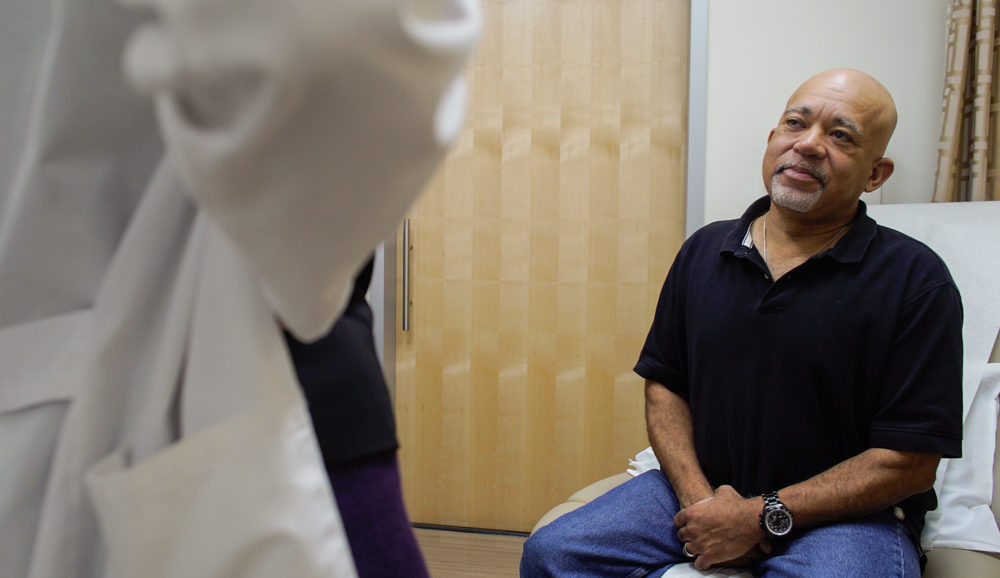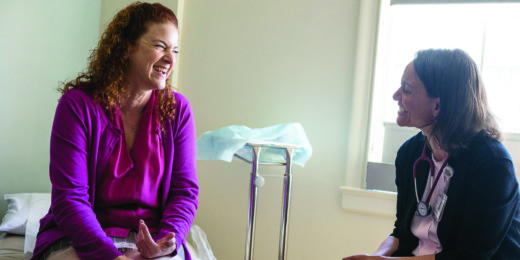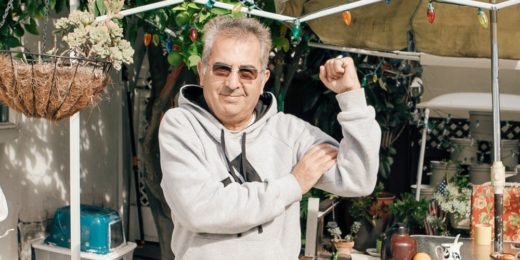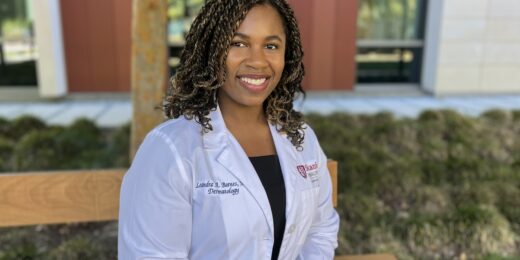The Humanwide podcast series will probably make you think about how different people are when it comes to their health.
The six episodes explain the Stanford Medicine pilot project, which took place last year at the Primary Care 2.0 Clinic in Santa Clara, California. In Humanwide, a care team worked with 50 patients. Together, they collected patient data -- from DNA to lifestyle -- and used that information to create personalized health plans for each patient that addressed current concerns and future risks.
Each podcast installment includes the voices of patients who participated in Humanwide. Each patient explained that they were drawn to the program by a different motivation.
There's Michael Cotton, a 51-year-old kidney transplant recipient, who wanted to take care of his health in honor of his father, who donated the kidney.
There's Jayasree Pillai, 39, who feared she was genetically predisposed to the same cancer that plagued her mother before her death.
And there's Debbie Spaizman, 52, who had suffered uncomfortable side effects from narcotic pain medication. She hoped her doctors could find a more effective drug to relieve her pain after an upcoming surgery.
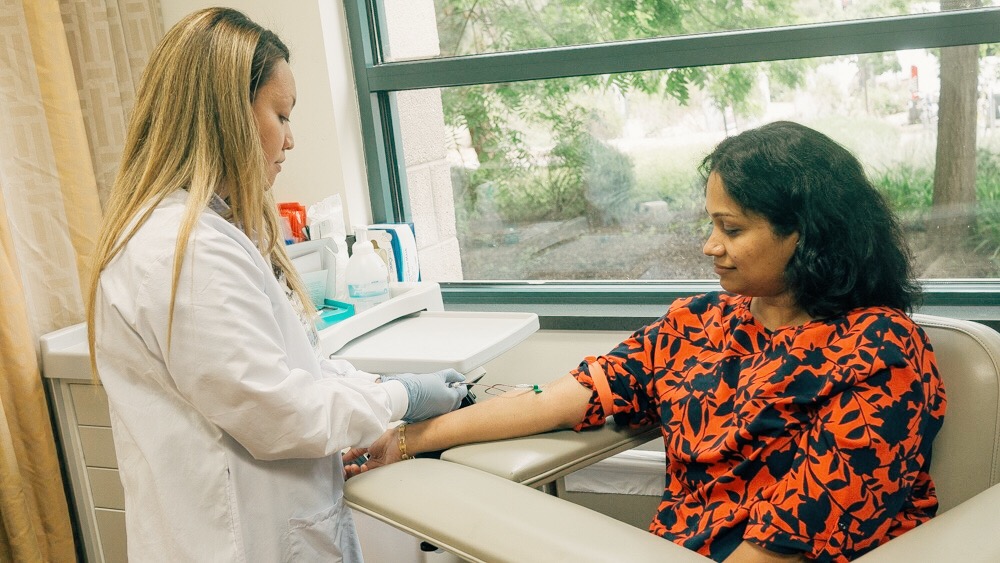
Jayasree Pillai 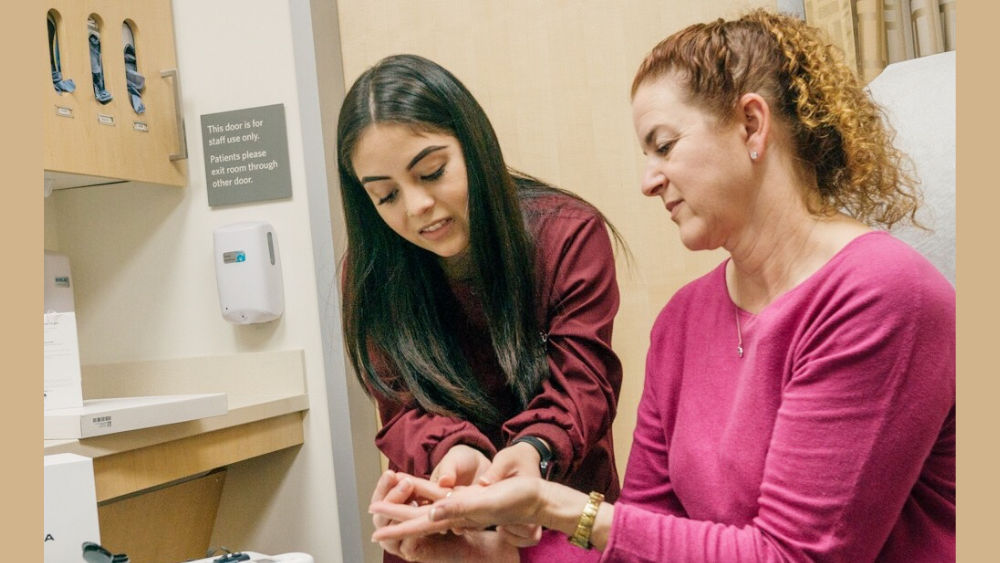
Debbie Spaizman
It's easy to empathize with their concerns, and it's interesting to learn how Humanwide helped each participant. Using mobile and at-home digital devices, genetic screenings, wellness assessments and other sources, the care teams pieced together the puzzles of each patient's health. Along the way, Humanwide also implemented a new approach to primary care that aimed to improve efficiency while increasing satisfaction of both patients and clinicians.
Cotton, for example, said it made a difference to him as he continued to navigate his health nearly a decade after receiving his father's donor kidney:
It gives me more confidence, that I'm paying attention to the things that I should be paying attention to, health-wise. I feel like I'm eating healthier. I'm eating less processed sugars. Paying more attention. So, to be aware of my blood pressure. To be aware of my kidney function. To be aware of my blood glucose. To be aware of my weight. All of that is turning into a lifestyle.
Photos by Luceo, Michael Cotton shown at top


